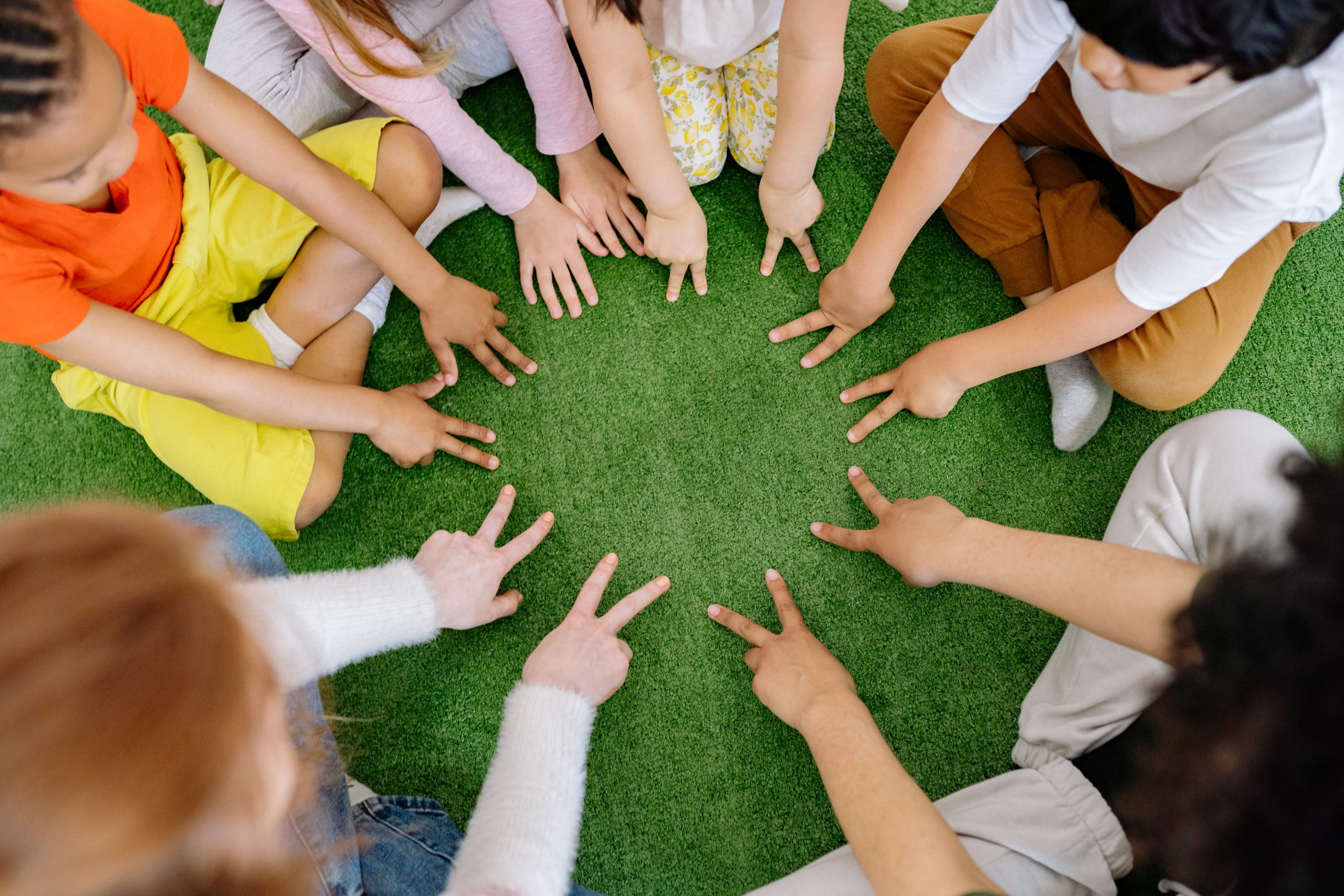Take a peak at our newest guide Conversations in Troubled Times!
Mental Health for Youth
Conversation Guide
Interested in using this conversation guide? Click here to tell us about it!
We’re happy to help! If you find this guide valuable, please consider making a donation of $5 to help us continue offering free resources.

As youth, our daily life mainly revolves around growing our mind- be it through school or from our relationships- in preparation for adulthood. However, when 50% of all eventual mental health illnesses start at age 14 (source: NAMI), teenagers can feel that that time is actually spent struggling with their minds and the changing world around them. From the pressures of social media, being successful in school, disagreeing with loved ones around the direction of our lives or accessing mental health services, and the disruption caused by COVID-19 on schooling and interpersonal interactions– we have a lot to deal with. While our school gym classes have stressed the importance of physical health, mental health has often been pushed to the side, leading some to feel lost navigating this new terrain. In this conversation, we invite you to step back from the pressures you may have in your life, connect with others around how mental health impacts each of you, and find strength in the thoughts you share.
Let's Get Started!
Living Room Conversations offers a simple, sociable and structured way to practice communicating across differences while building understanding and relationships. Typically, 4-6 people meet in person or by video call for about 90 minutes to listen to and be heard by others on one of our nearly 100 topics. Rather than debating or convincing others, we take turns talking to share, learn, and be curious. No preparation is required, though background links with balanced views are available on some topic pages online. Anyone can host using these italicized instructions. Hosts also participate.
Introductions:
Why We're Here (~10 min)
Each participant has 1 minute to introduce themselves.
Share your name, where you live, what drew you here, and if this is your first conversation.
Conversation Agreements:
How We'll Engage (~5 min)
These will set the tone of our conversation; participants may volunteer to take turns reading them aloud. (Click here for the full conversation agreements.)
- Be curious and listen to understand.
- Show respect and suspend judgment.
- Note any common ground as well as any differences.
- Be authentic and welcome that from others.
- Be purposeful and to the point.
- Own and guide the conversation.
Question Rounds:
What We’ll Talk About
Optional: a participant can keep track of time and gently let people know when their time has elapsed.
Round 1:
Getting to Know Each Other (~10 min)
Each participant can take 1-2 minutes to answer one of these questions:
- What are your hopes and concerns for your family, community and/or the country?
- What would your best friend say about who you are?
- What sense of purpose / mission / duty guides you in your life?
Round 2:
Mental Health for Youth (~40 min)
One participant can volunteer to read the paragraph at the top of the web page.
Take ~2 minutes each to answer a question below without interruption or crosstalk. After everyone has answered, the group may take a few minutes for clarifying or follow up questions/responses. Continue exploring additional questions as time allows..
- How do religion, culture, family, or parts of your identity influence how you think about mental health and mental health interventions?
- What influence or impact does social media have on you? Do you use or avoid it? What do you like and/or dislike about social media?
- How do you care for or consider your mental or emotional health? What does self care look like for you and is there anything you want to change about it?
- Do you find yourself caring for or being affected by the mental and emotional health of others? What does that look like and what impact does it have on you?
- What hopes and concerns come to mind when considering your own transition to adulthood and the independence associated with it?
Round 3:
Reflecting on the Conversation (~15 min)
Take 2 minutes to answer one of the following questions:
- What was most meaningful / valuable to you in this Living Room Conversation?
- What learning, new understanding or common ground was found on the topic?
- How has this conversation changed your perception of anyone in this group?
- Is there a next step you would like to take based upon the conversation?

